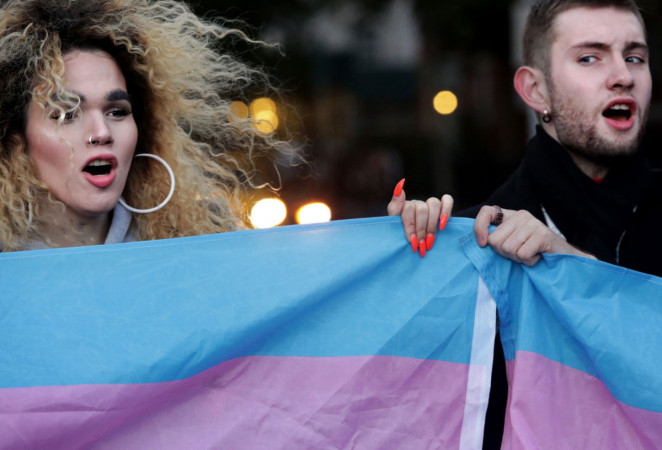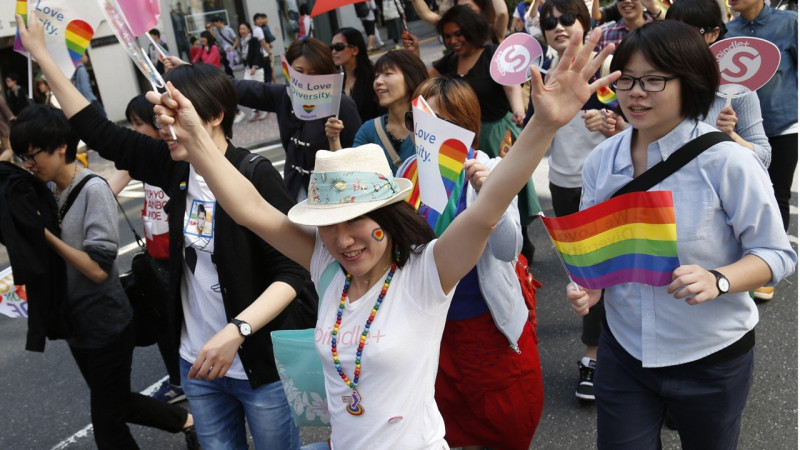Saint Lucia decriminalises same-sex relations
Human Rights Watch: “The remaining five Caribbean countries should also repeal similar laws.”
13/Aug/25
1148
Saint Lucia High Court decriminalises same-sex relations
Human Rights Watch: “The remaining five Caribbean countries should also repeal similar laws.”
Saint Lucia has decriminalised consensual same-sex relations. With the High Court’s decision, discriminatory laws that criminalised intimacy between LGBTI+ people — and that violated international human rights standards — have been repealed.
Until this ruling, the Saint Lucia Criminal Code prosecuted “homosexuality” and “gross indecency” with prison sentences of up to 10 years. This vague law, along with similar legislation in other Caribbean countries, had intensified discrimination, legitimised social stigma and violence against LGBTI+ people. These laws were introduced during the British colonial period; however, post-independence governments failed to abolish them.
According to Human Rights Watch, a 2018 report published by the organisation documented the harmful effects of such laws in seven Eastern Caribbean countries, including Saint Lucia. Many LGBTI+ people in the region reported facing discrimination in healthcare, education, and employment, and feared contacting the police to report mistreatment. These laws created an environment of fear and exclusion, rendering the LGBTI+ community invisible.
The new court decision is seen as the outcome of a bold legal battle led by regional advocacy groups such as the Eastern Caribbean Alliance for Diversity and Equality and United and Strong.
The court stated:
“Public humiliation, denigration, and even physical assaults against homosexuals are effects that accompany the stigma created by the criminalisation of homosexuality. Such circumstances are not befitting the dignity of certain groups of citizens. It is difficult to say that this discrimination aligns with moral standards that have evolved in a free and democratic society.”
Saint Lucia joins its neighbours Antigua and Barbuda, Barbados, Dominica, and Saint Kitts and Nevis in affirming that criminalising same-sex relations is incompatible with various constitutional guarantees, including equality, non-discrimination, privacy, security, and freedom of expression. Nevertheless, five Caribbean countries (Grenada, Guyana, Jamaica, Saint Vincent and the Grenadines, and Trinidad and Tobago) still maintain versions of these laws. In the last two countries, courts have recently rejected constitutional challenges to the legislation.
Human Rights Watch added:
Criminalizing private, consensual intimacy violates international legal standards, including those articulated by the United Nations and the Inter-American human rights system. It also undermines public health, safety, and the rule of law. Saint Lucia’s ruling is a powerful reminder that upholding human rights for LGBT people strengthens democracy and justice for all.
Powered by Froala Editor



